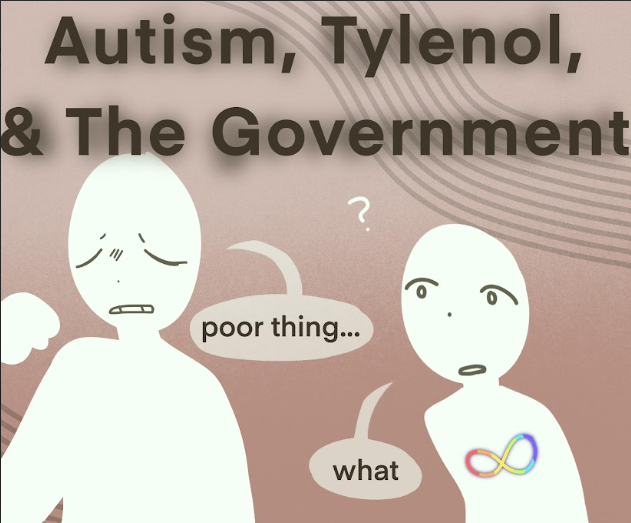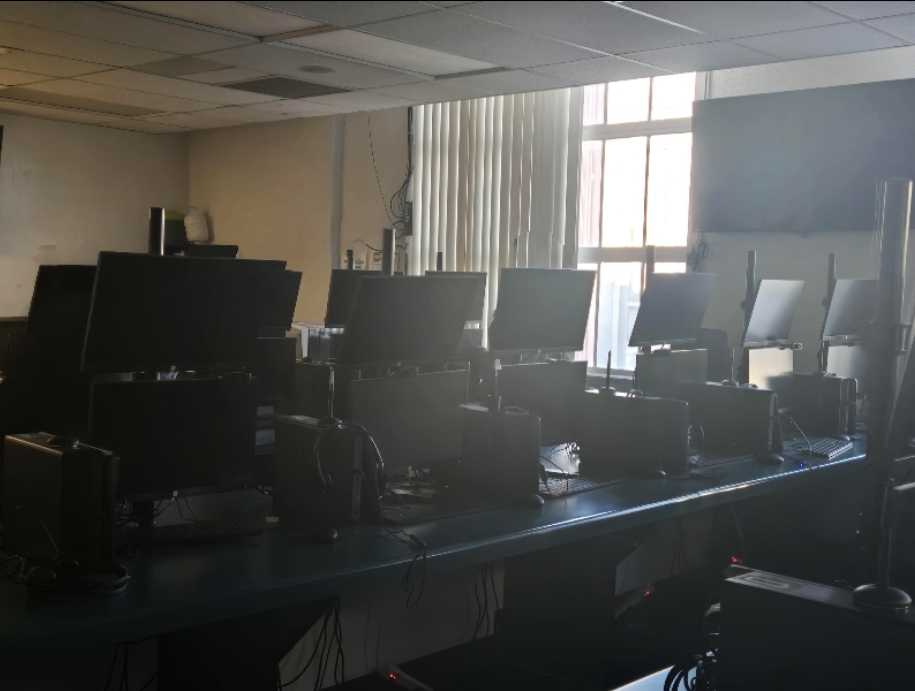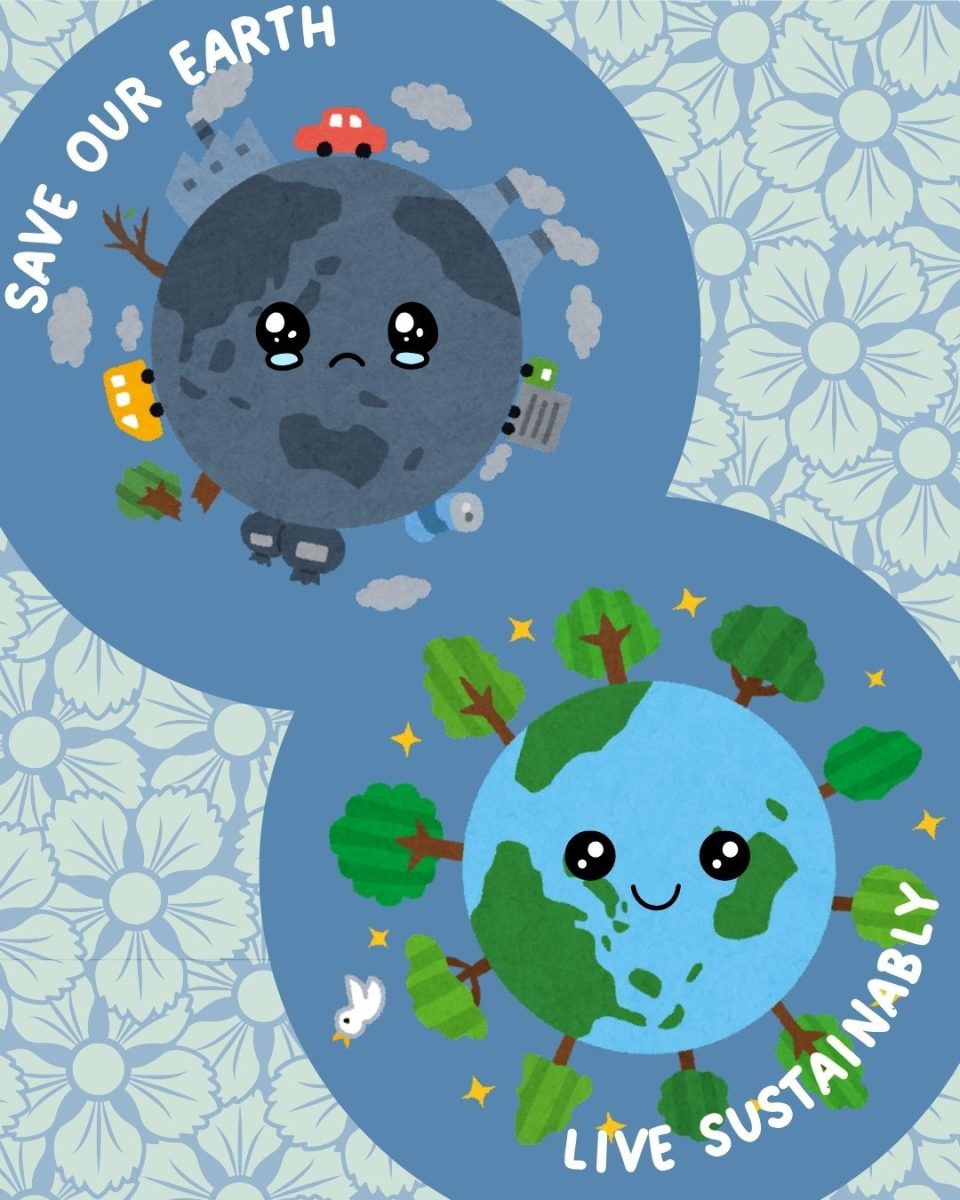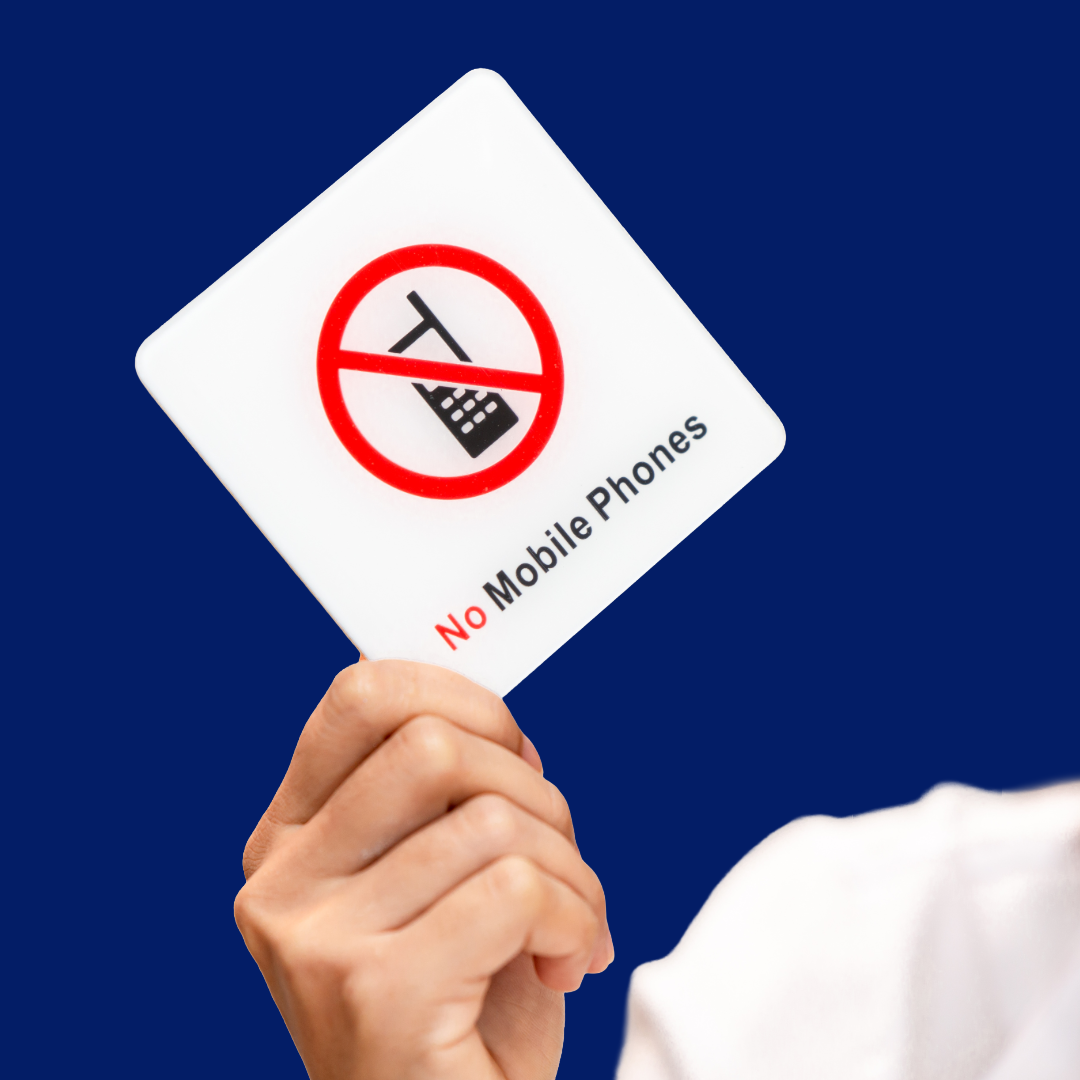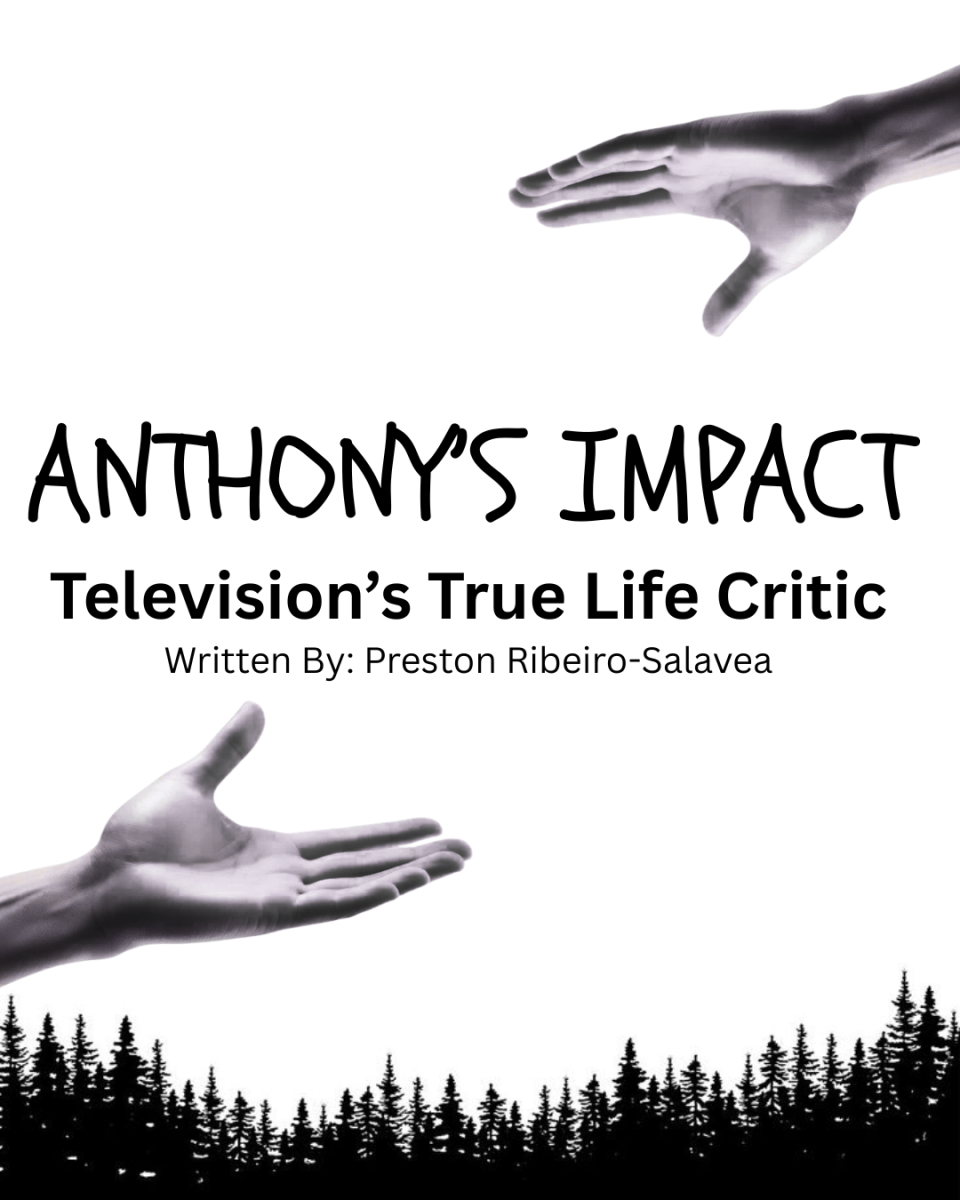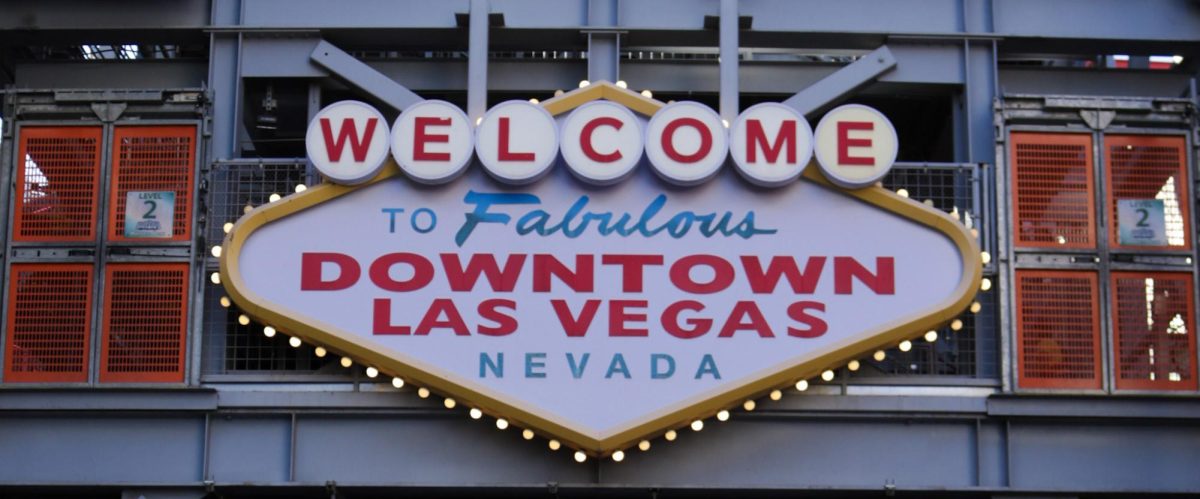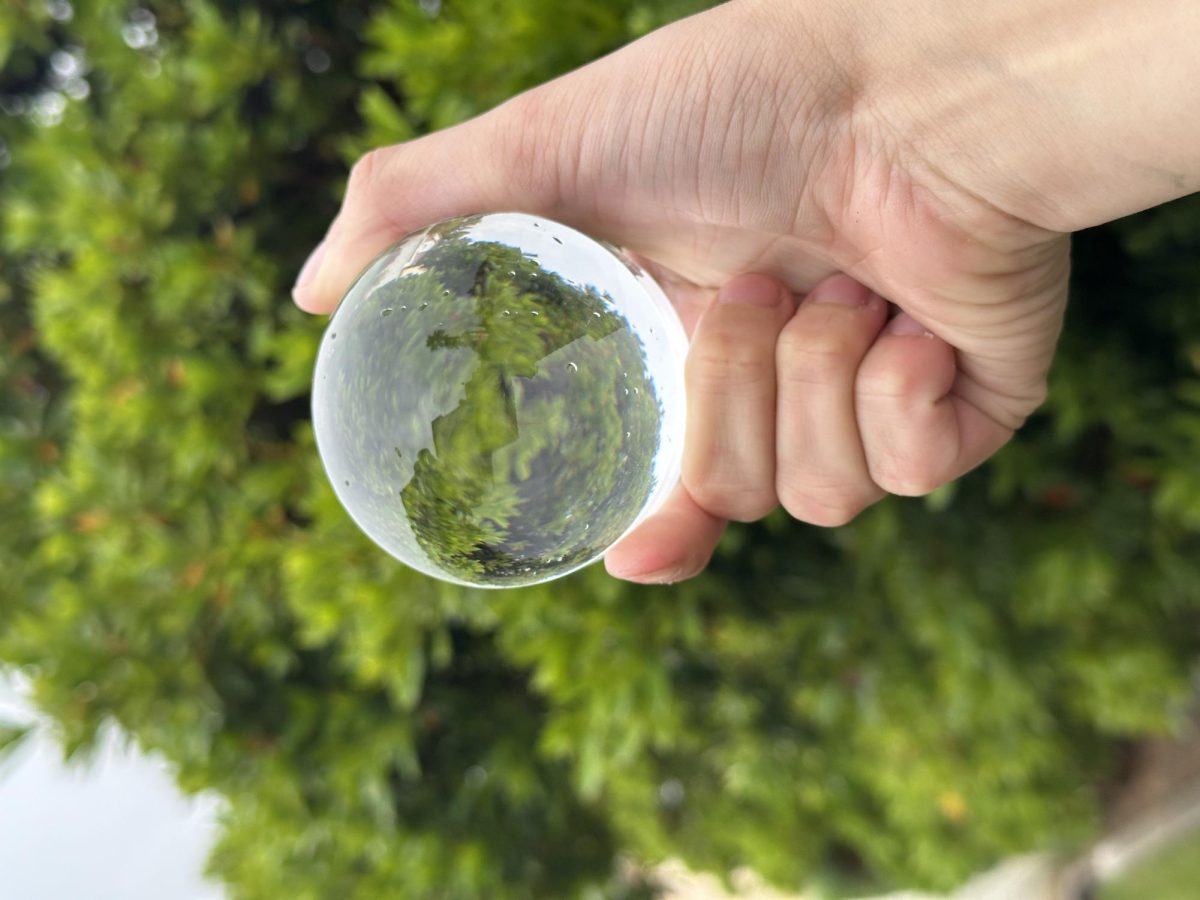Originally written for AP Language.
I grew up a storyteller. I have this strangely vivid memory of sitting in the tub as a kid and just enacting the wildest tales with my toys, imagining adventures fighting dragons and slaying beasts that only real people went on, of course. I was happy with the cheap five dollar toys and plastic transformer cars that played the parts of the story I wanted to tell. For some reason the people in my life around me felt differently. It was always “Do you want a new one? That one is broken, you should really get rid of it.” and never, “Tell me your stories too.”
At some point we in America stopped valuing the importance of words and the experiences of others beyond the glow of the little screens we keep in our pockets. Jimmy Santiago Baca’s claim that, “In America, we value possessions,” could not be more true today than it was six months ago.
Humans are selfish. It’s not a nature we can change any more than we can change how we breathe. We so often see members of our youth portrayed in the media mocking the grandmother or father trying to tell them “back in my days” because they care more about what they want to do or say than what their own family might. It’s not an exaggeration. We can’t seem to find the balance between progression and change and learning from the past, that we don’t even stop to recognize what anyone else wants or should think about it. America has been experiencing this first hand pretty hard since the world quarantine in 2020. It’s not uncommon to see people from other countries making fun of us since then, the same way the children in those movies make fun of their grandparents, because we have become so self absorbed in our own narcissism; born from our own isolation.
We’re quick to blame the rise of technology for our self absorption. When we entered the 21st century we entered the age of machines, technology, and communication at our fingertips. We no longer have to travel across the world to meet your pen pal, now your phone can do that at the press of a button. Because we are now so reliant on technology to do the communicating for us, we don’t have to learn those verbal communication skills. We don’t have to go out and socialize with people. We don’t have to expose ourselves to new things. We have become reliant on our phones and devices to do it all for us, so when you do finally get to speak with another person it will always be about what you saw on your phone, what you got, what you know. Phones and technology aren’t the source of the problem, it is support to one we keep feeding ourselves.
And that’s the problem, isn’t it? We do this to ourselves. The reason we in America are so self centered around what we have, that we have trained ourselves not to think any other way. There is a French saying, Joie de Vivre: the joy of life. We’ve lost that to the hands of possessions that won’t change you as a person the same way a good meaningful story – whether from a book or from your grandparent’s lips – can. We have desensitized ourselves to true understanding of other’s emotions. We find so much more value in ourselves that we can’t care to listen to one more story, to one more plea, to one more cry for justice. I can’t think of another reason than to believe that we don’t own our possessions: they own us.



